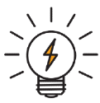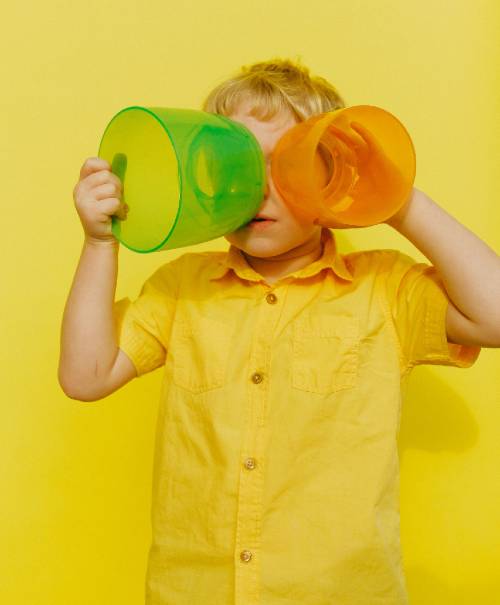At birth, a baby’s brain contains 100 billion neurons, roughly as many nerve cells as there are stars in the Milky Way, and almost all the neurons the brain will ever have.
The brain produces trillions more neurons and “synapses” (connections between the brain cells) than it needs.
During the first years of life, the brain undergoes a series of extraordinary changes. The early childhood years are crucial for making these connections.
At birth, the number of synapses per neuron is 2,500, but by age two or three, it’s about 15,000 per neuron. “Windows of opportunity” are sensitive periods in children’s lives when specific types of learning take place. From birth to age 5, a child’s brain develops more than at any other time in life.
Early brain development has a lasting impact on a child’s ability to succeed both academically and socially. The quality of a child’s experiences in the first few years of life literally shapes how their brain develop. Our programme for toddlers provides countless fun and engaging ‘Windows of opportunity’.
Using interactive classes, we take your child on exciting adventures, facilitate exploration and problem solving through play. You only need a spark to ignite a child’s mind!
We invite parents and carers to participate in pre-schoolers sessions to re-enforce the concept that building on young people’s science capital increases their engagement with science and improves ‘scientific literacy’. This makes young scientists aware of their surrounding environment and helps to pave the way of their future choices.


